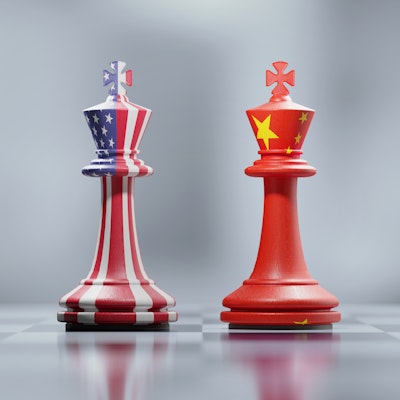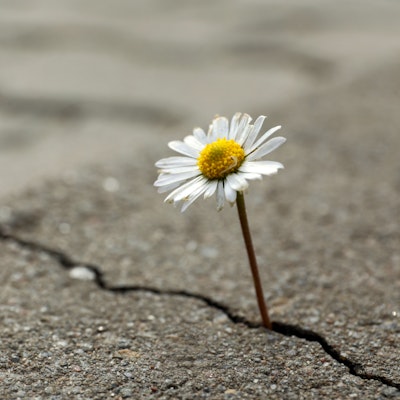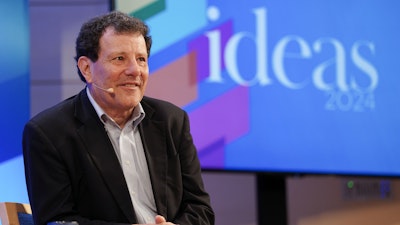Setup
The United States and Germany have much in common: advanced industrial economies, high living standards, first-class universities, and leading companies. They also share the same pressures from globalization — trade competition, technological change, movement of people and ideas — around which to innovate and adapt. But the data makes it clear that Germany has better maintained its share of manufacturing in the global economy. Should Americans (and others) try to emulate the Germans’ strategy, and if so, what are the best practices most likely to translate into success?
Speakers
-
 Peter WittigAmbassador to the United States, Embassy of the Republic of Germany
Peter WittigAmbassador to the United States, Embassy of the Republic of Germany -
 Peter RashishDirector of the Geoeconomics Program, American Institute for Contempor...
Peter RashishDirector of the Geoeconomics Program, American Institute for Contempor... -
 Andreas FalkeProfessor of International Studies, Friedrich Alexander University at...
Andreas FalkeProfessor of International Studies, Friedrich Alexander University at... -
Elliot GersonExecutive Vice President, The Aspen Institute
Explore More
Education


Using the law to charge and imprison political opponents is a favorite tactic of dictators the world over. In an age of growing global authoritarianism, unscrupulous rulers ar...

Capitalism has delivered prosperity for many, but not for all. Disparities according to gender, race, and geography have left millions behind, while rising concentrations of w...


The quest for work-life balance is never ending for many of us. The advice in this talk from the 2023 Aspen Ideas Festival still holds a lot of relevance, so we’re bringing it...


While the workforce continues to evolve in response to economic shifts and technological advancements, one thing is certain — the traditional blueprints for education and the...

Entrepreneurs view the world differently. Where others see challenges, they see opportunities. They’re a group of self-starters and strivers with the courage to take big risks...


Advances in medicine and healthy living mean that more and more people will live to be 100. But just because their bodies can last doesn’t mean their bank accounts will keep u...


Scholars are still uncovering information about Britain’s involvement in the transatlantic slave trade and its era of slavery, piecing together how the wealth generated from t...


Young people in America are struggling. The causes are varied and may not be entirely clear, but the results are unfortunately unmistakable. Many of our youth feel lonely, iso...


Relations between the United States and China have become increasingly tense over the past few years. Trade wars have escalated, and U.S. national security experts are bracing...

Finding the national and global headlines understandably bleak lately? Whether you need mental distraction or stimulation, engross yourself in compelling topics and get a gli...

The United States spends $4.3 trillion—almost one fifth of the nation’s GDP—on health care. As the scale of the medical enterprise expands, venture capitalists are pursuing th...

Today's kids are coming of age against a backdrop of political, social, technological and economic upheaval. While these circumstances are shaping a precocious generation that...

Three people whose lives have been irrevocably changed by the Israel-Palestine conflict share their stories of profound loss, grief and forgiveness.

In a time of growing wealth disparity and changing societal values, can capitalism adapt? How is the economy being transformed by investments in infrastructure, AI, energy, an...


Sizable electorates around the world are flocking to populist candidates who promise power, domination and a return to better times. The global experiment in liberalism seems...


Conflict and suffering can bring out the worst in people, but it can also bring out the best. This is one of the lessons New York Times columnist Nicholas Kristof has learned...

The war in Ukraine continues to reshape European security and global alliances, while the war in Gaza raises urgent questions about humanitarian aid and international interven...


The grim stream of news from the Middle East has been making it more and more difficult to hold onto hope for peace. When and how will the conflict in Gaza end? And could war...

As one of the foremost reporters of his generation, Nicholas Kristof has been witness to century-defining events and atrocities around the world. How has he managed to weaponi...







